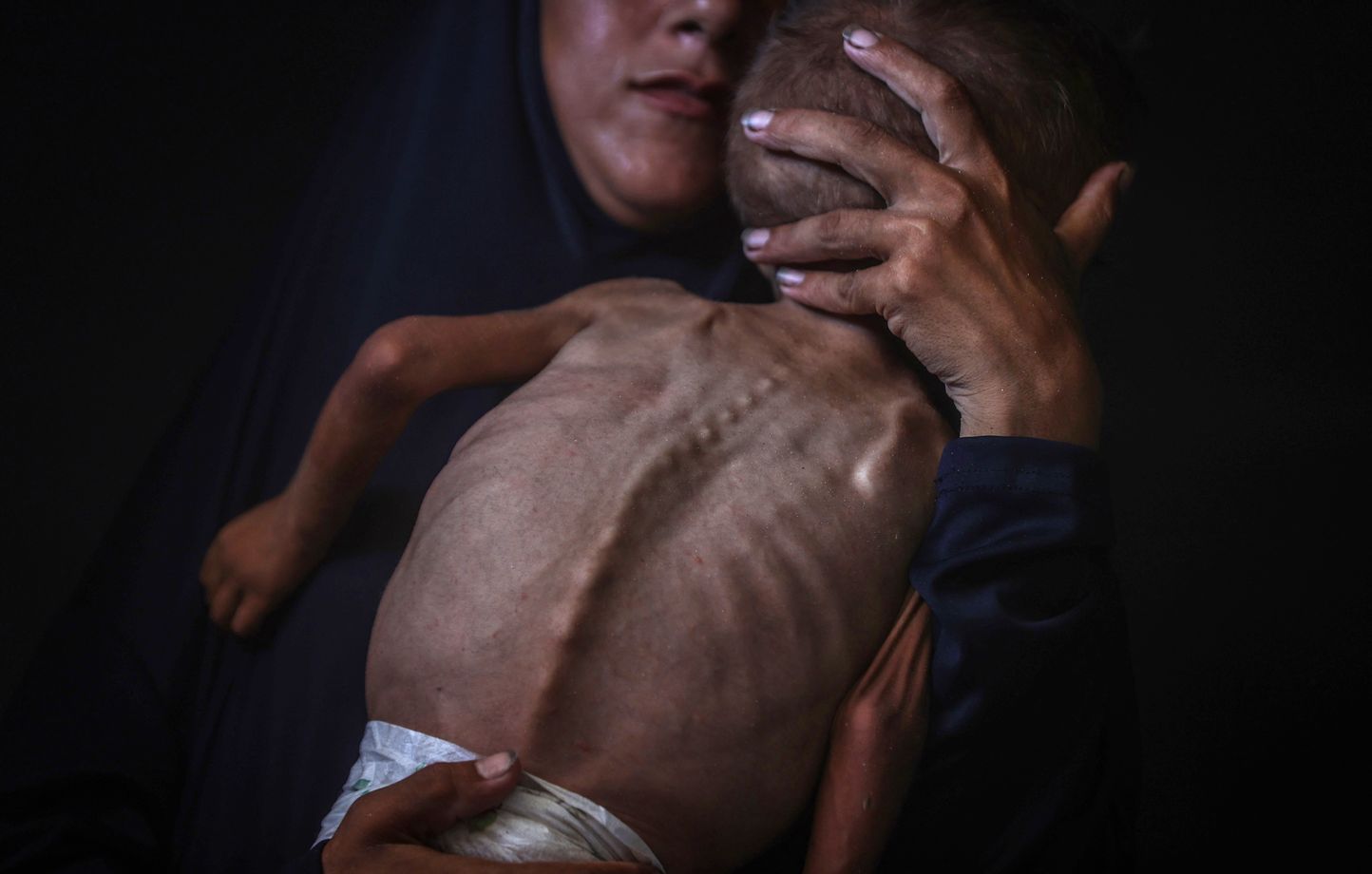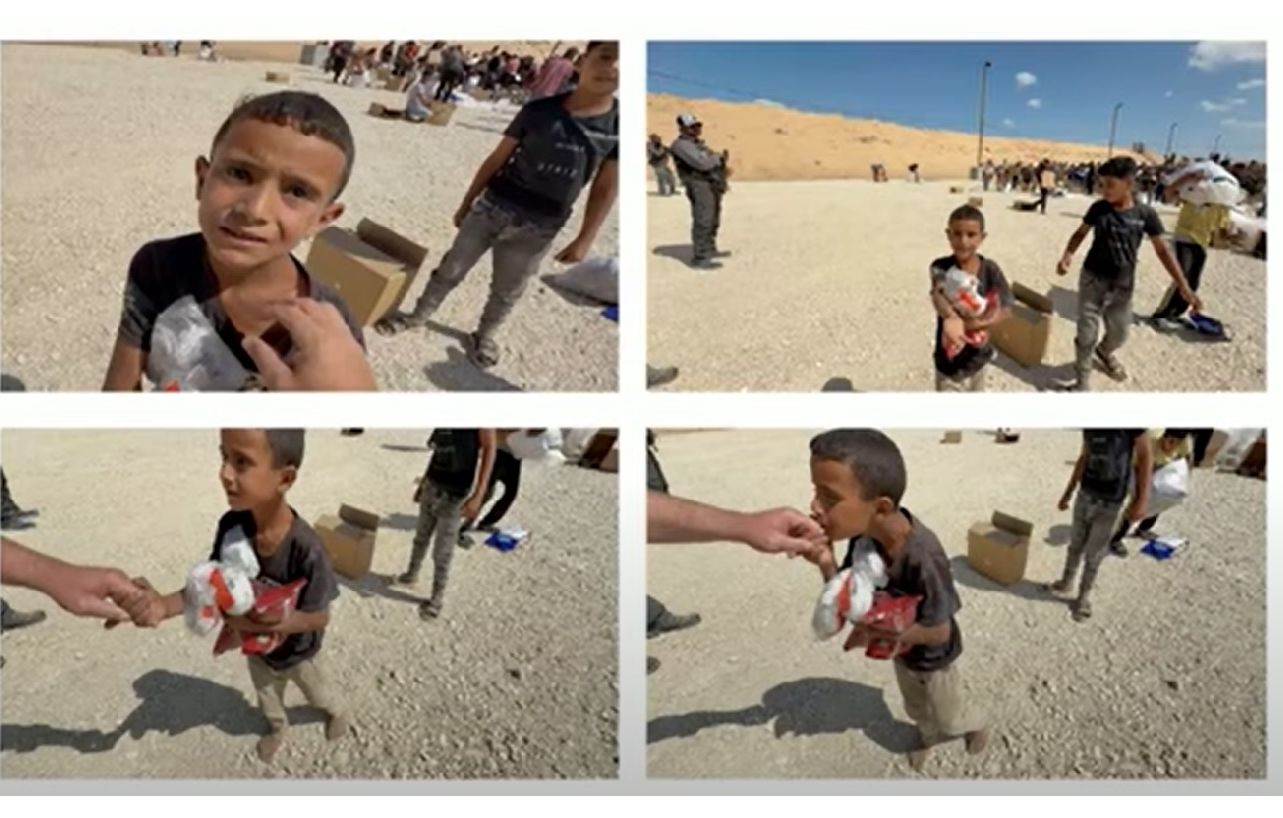The UTI-Diag project, a groundbreaking multisectoral initiative, officially launches with key objectives to: (i) improve the detection and management of urinary tract infections (UTIs); (ii) reduce the inappropriate use of antibiotics and help fight antibiotic resistances (AMR) in human health; and (iii) enhance access, adoption, and implementation of novel diagnostic tools in low-resource settings. Funded by the European Union (via EDCTP3) and UK Research and Innovation, this collaborative effort brings together 11 partner organizations across Europe and Africa to address a growing public health challenge.
UTIs affect millions worldwide, with antimicrobial resistance increasingly complicating treatment, particularly in low-resource settings. UTI-Diag aims to deliver rapid, accurate, and affordable diagnostic solutions, with a strong focus on sub-Saharan Africa and vulnerable populations such as pregnant women and children.
Dr Amadou Sall, CEO of Institut Pasteur de Dakar, stated:
“The UTI-Diag project embodies our commitment to advancing equitable access to diagnostics. By leveraging innovation and collaboration across borders, we are taking a decisive step toward improving the health of millions, particularly in regions where the burden of antimicrobial resistance and urinary tract infections is most acute.”
The consortium includes public health institutions, researchers, health economists, non-profit organizations, and industry experts. Among them, the Pasteur Network and the Centre Pasteur du Cameroun play a key role in connecting research with local realities. Dr Mirdad Kazanji, CEO of Centre Pasteur du Cameroun, said:
“In Cameroon, as in many other sub-Saharan African countries, the issue of rapid diagnosis of urinary tract infections is urgent. This project comes at the right time, enabling us to strengthen our response to these public health challenges.”
The official kick-off meeting took place in Stockholm, Sweden, from April 24 to 25, 2025, hosted at Karolinska Institutet, the project’s coordinating institution. The meeting laid the groundwork for the consortium’s shared roadmap and work plan for the next 40 months.
Professor Tobias Alfvén, Department of Global Public Health, Karolinska Institutet, and Coordinator of the UTI-Diag project, added:
“This project was born out of a need identified in collaboration with partners across several African countries. Today, with the strength of a consortium of 11 organizations — each bringing its clinical or technical expertise — we are poised to make a real impact over the next years.”

Sign up for free AllAfrica Newsletters
Get the latest in African news delivered straight to your inbox
UTI-Diag aims to develop and deploy innovative diagnostic tools to improve patient care and combat antimicrobial resistance through better detection and management of UTIs. The UTI-Diag consortium partners are Karolinska Institutet (Sweden, Coordinator), Institut Pasteur de Dakar (Senegal), Centre Pasteur du Cameroun (Cameroon), Market Access Africa (South Africa), Aviro Med Design Pty Ltd (South Africa), Albert-Ludwigs-Universität Freiburg (Germany), Capitainer AB (Sweden), Aidian Oy (Finland), Pasteur Network (France), University of Cumbria (UK) and Global Access Diagnostics (GADx) (UK).
About UTI-Diag
UTI-Diag project will develop and implement innovative diagnostic tools designed to improve clinical decision-making, enhance antimicrobial stewardship, and strengthen diagnostic infrastructure primarily in partner countries, but also setting the ground for post-project expansion and implementation in additional sub-Saharan African countries. By doing so, it directly contributes to the holistic approach of managing urinary tract infections, the global fight against antimicrobial resistance, the sustainable development goals, and helps ensure more effective and equitable healthcare delivery even to underrepresented population groups, such as children, elderly, pregnant women, and patients with co-morbidities.







